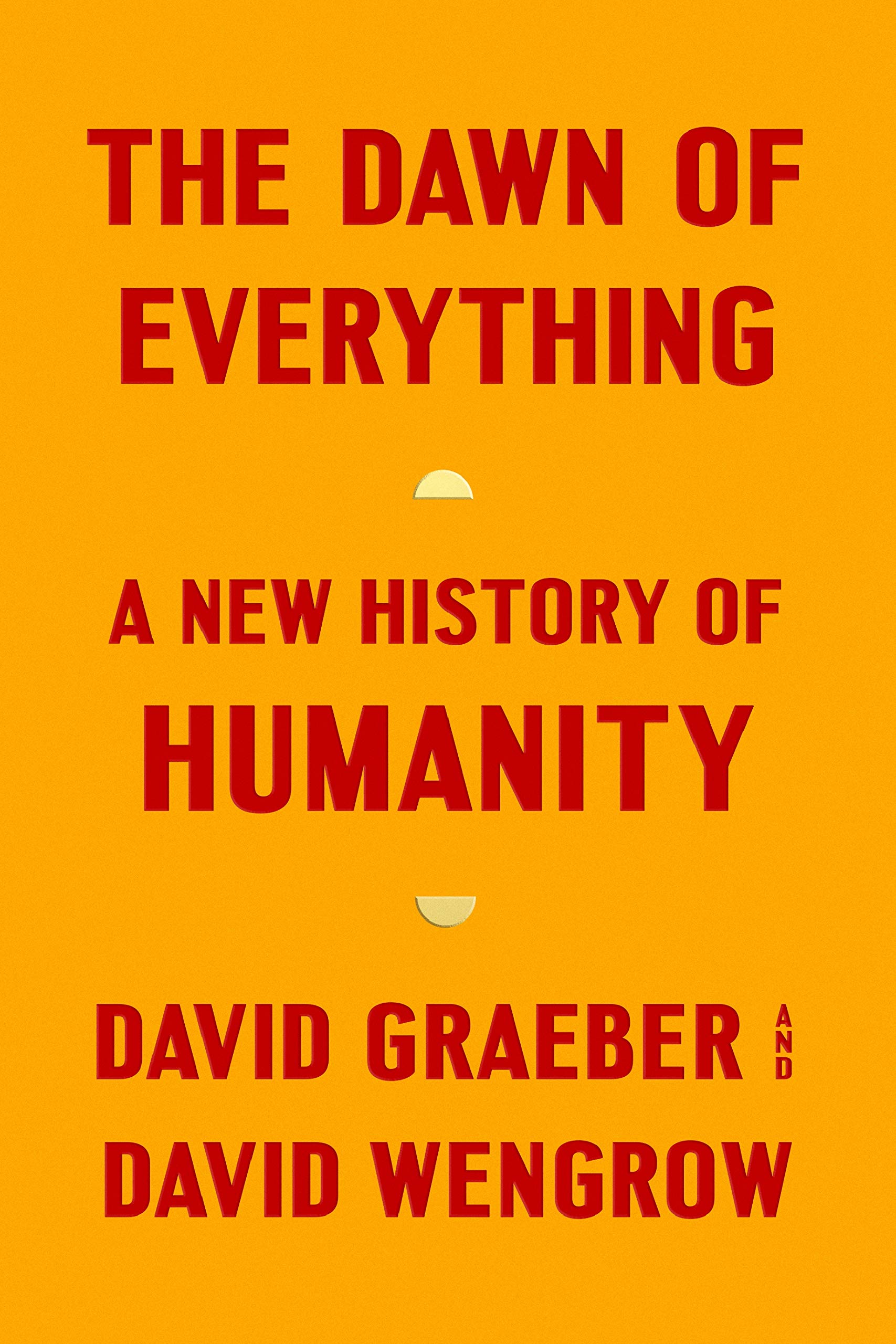myco quoted The Dawn of Everything by David Graeber
in all parts of the world small communities formed civilizations in that true sense of extended moral communities. Without permanent kings, bureaucrats or standing armies they fostered the growth of mathematical and calendrical knowledge. In some regions they pioneered metallurgy, the cultivation of olives, vines and date palms, or the invention of leavened bread and wheat beer; in others they domesticated maize and learned to extract poisons, medicines and mind-altering sub- stances from plants. Civilizations, in this true sense, developed the major textile technologies applied to fabrics and basketry, the potter's wheel, stone industries and beadwork, the sail and maritime navigation, and so on.
A moment's reflection shows that women, their work, their concerns and innovations are at the core of this more accurate understanding of civilization. As we saw in earlier chapters, tracing the place of women in societies without writing often means using clues left, quite literally, in the fabric of material culture, such as painted ceramics that mimic both textile designs and female bodies in their forms and elaborate decorative structures. To take just two examples, it's hard to believe that the kind of complex mathematical knowledge displayed in early Mesopotamian cuneiform documents or in the layout of Peru's Chavín temples sprang fully formed from the mind of a male scribe or sculptor, like Athena from the head of Zeus. Far more likely, these represent knowledge accumulated in earlier times through concrete practices such as the solid geometry and applied calculus of weaving or beadwork. What until now has passed for 'civilization' might in fact be nothing more than a gendered appropriation - by men, etching their claims in stone - of some earlier system of knowledge that had women at its centre.
— The Dawn of Everything by David Graeber, David Wengrow (Page 433)

